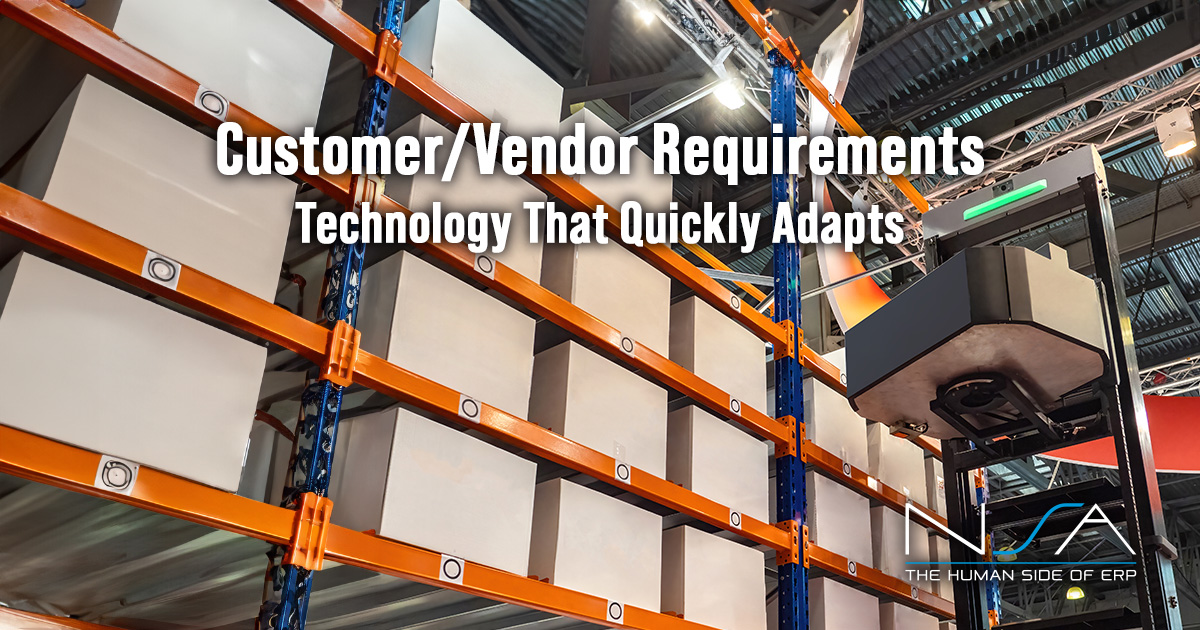As today’s markets continue to become more vibrant, acquiring new business opportunities is one of the few sure-fire ways to enhance a company’s competitiveness and ability to thrive in the marketplace. While most companies focus on improving their business by enhancing response time to customers, product quality, or efficiency of services, it is actually implementing or enhancing information technology has the most profound impact on improving a company.
Advantages of Adopting an ERP System
An ERP system is a complex package, which is more than a simple software tool, and can positively affect competitiveness of companies. It can do this because of the distinct advantages it provides a company.
Those advantages include:
- Strategic
- Flexibility
- Innovation
The Strategic Advantage with ERP Systems
The strategic advantage is the simple fact that a well-managed and implemented ERP system allows an enterprise to focus on its core business. By running an unobstructed focus on what matters most, which is maintaining a certain competence level and business expertise, businesses are able to obtain or acquire a certain advantage over competitors.
The Added Flexibility Advantage with ERP Systems
With the adoption of a custom-built ERP system for your business, a company is able to become more flexible with how it meets its information and technology requirements at any given time. No matter what new challenges a company faces each day, an ERP system will help identify areas in which more or less of a specific resource is required and business managers can make more appropriate decisions in real-time as a result.
The Advantage of Innovation with ERP Systems
An ERP system that is custom-designed for a specific company, which they all should be to meet very specific needs and goals, actually helps with innovation. With an ERP system a company has access to data in real-time that breaks down just about everything imaginable that a business manager or owner would want and need to know about his or her company.
That information has been proven to lead to access to new technologies without having to pay for the implementation costs of it in house. Additionally, users of ERP systems have easier access to technical experts that can assist with development of new KPIs, measurement tools, and so forth. Finally, all of this together has been able to shorten product development life time cycle, in addition to its implementation, when those running the company understand the information provided by their ERP system and know what to do with it.



